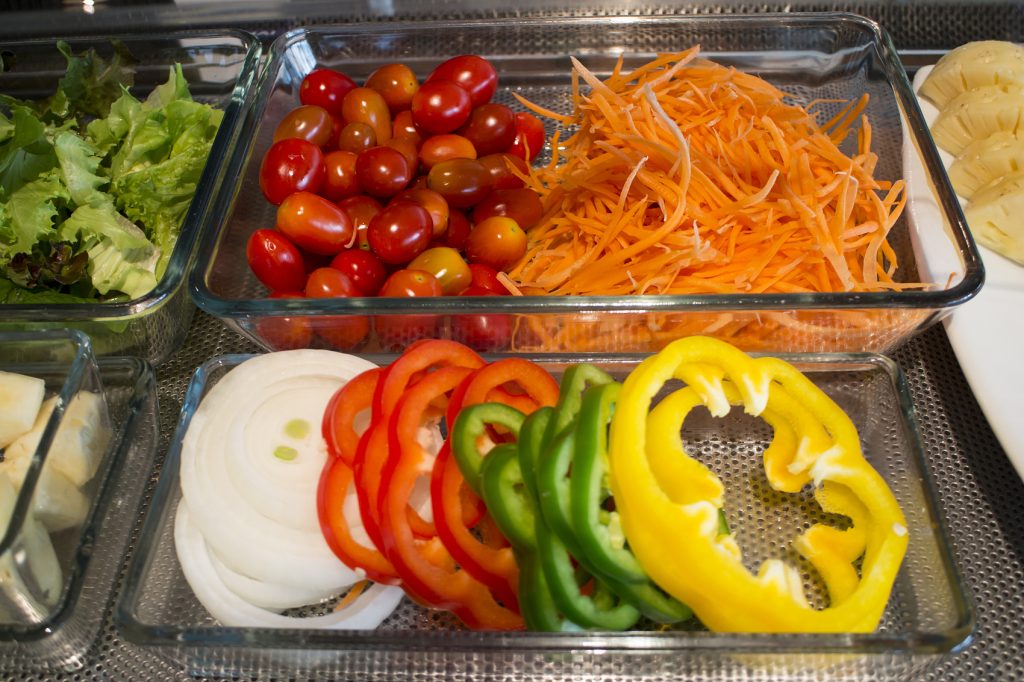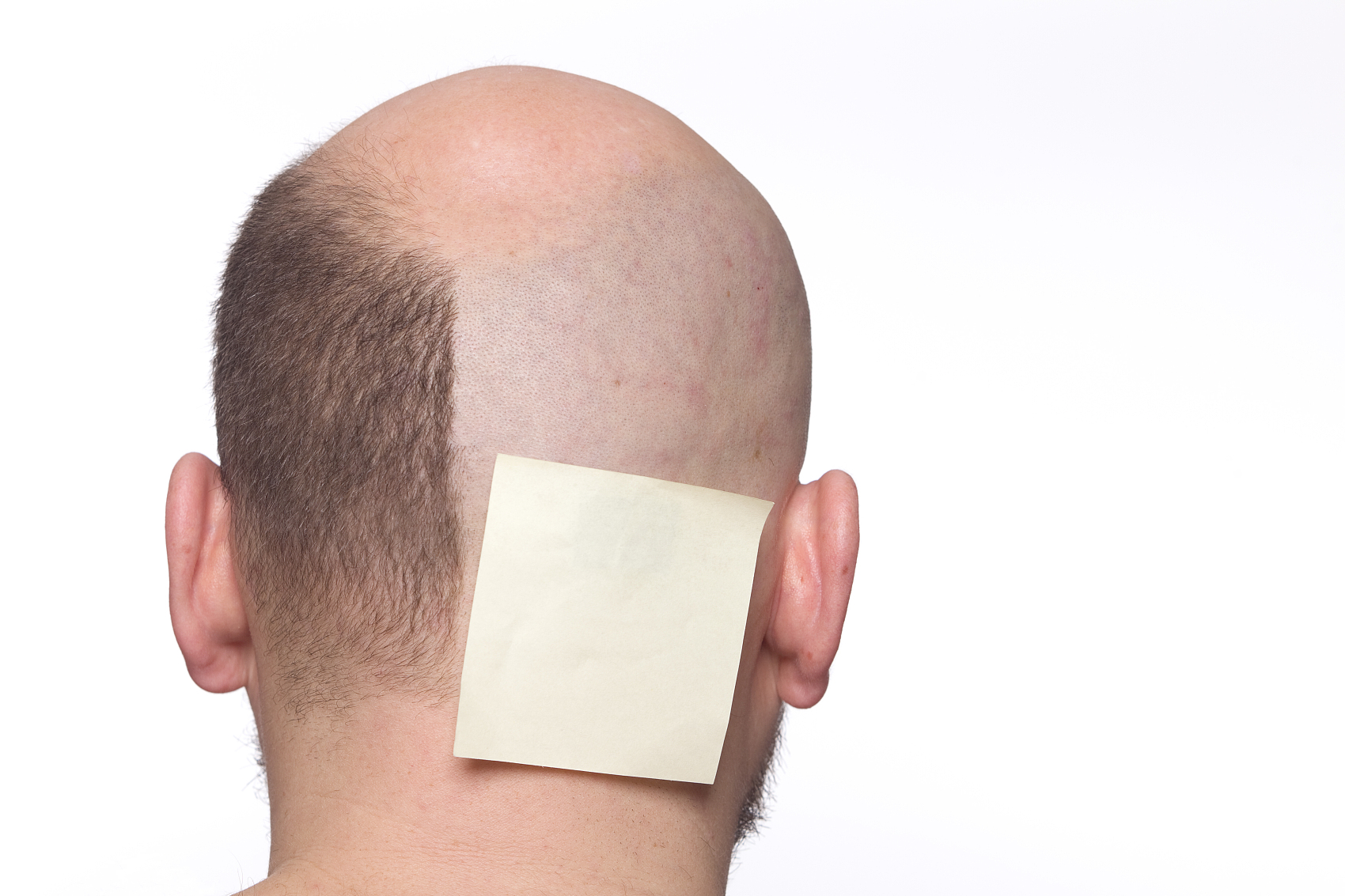For individuals struggling with addiction, nutrition often becomes neglected in the shadow of cravings for harmful substances. Alcoholics might consume a significant amount of their daily calories from alcoholic beverages, leading to nutrient deficiencies. Similarly, those addicted to other substances may eat erratically, either eating too little due to suppressed appetite or making poor food choices for quick energy. These habits can deteriorate one’s health, weaken the immune system, impair organ function, and increase the risk of infections.
Clean Eating: A Foundation for Recovery
In the journey of recovery, detoxification is just the first step; what follows is equally crucial—nourishing the body. Clean eating, which emphasizes whole, unprocessed foods, is key. It replenishes essential nutrients lost to substance abuse and lays the groundwork for long-term healthy habits.
Understanding Detox
Detox involves eliminating toxins, specifically addictive substances, from the body. It’s a critical but challenging phase of recovery, often accompanied by withdrawal symptoms like nausea, headaches, muscle pain, anxiety, depression, and strong cravings.

The Role of Clean Eating During Detox
Clean eating is vital during detox and throughout recovery for several reasons:
- Stabilizing Blood Sugar Levels: Processed foods and refined sugars can cause blood sugar spikes and crashes, exacerbating cravings. Foods like whole grains, lean proteins, and healthy fats help stabilize blood sugar and reduce reliance on unhealthy substances.
- Easing Withdrawal Symptoms: Nutrient-dense foods like almonds and spinach can alleviate physical withdrawal symptoms and improve sleep, while omega-3 fatty acids from sources like salmon can support brain function and mood.
- Boosting Immune Function: Substance abuse compromises the immune system. A diet rich in fruits and vegetables can bolster immunity and help the body resist illnesses.
- Supporting Gut Health: A healthy gut impacts overall well-being. Incorporating fermented foods like yogurt and sauerkraut can enhance digestive health and mental health.
- Enhancing Mental Clarity: Foods rich in essential nutrients support brain function, clearing the fog that often accompanies detox and aiding in better decision-making.
Integrating Clean Eating into Recovery
Making clean eating a staple in one’s diet during recovery involves several steps:
- Start with Whole Foods: Focus on unprocessed or minimally processed foods like fresh fruits, vegetables, lean meats, and whole grains.
- Plan and Prep Meals: Preparing meals in advance helps avoid impulsive eating and unhealthy choices.
- Stay Hydrated: Drinking plenty of water aids in detoxification and overall bodily functions. Herbal teas are also beneficial.
- Educate Yourself on Nutrition: Understanding what you eat is crucial. Opt for foods with simple ingredient lists and avoid heavily processed items.
- Adjust Diet to Fit Individual Needs: Tailor your diet to your lifestyle. For example, athletes may need more calories and protein.
- Incorporate Probiotics and Fiber: These are important for digestive health, which is vital during detox.
- Practice Mindful Eating: Pay attention to hunger and fullness cues to avoid overeating.
- Stay Active: Regular physical activity supports metabolism and mental health.
- Seek Support: Connecting with others who are focusing on healthy eating can provide motivation and support.
- Monitor and Adjust Your Diet: As you progress in recovery, your dietary needs may change. Regular consultations with a healthcare provider can help keep your diet aligned with your health needs.

A Holistic Approach to Recovery
Recovery from addiction involves more than just abstaining from substances; it requires a comprehensive approach that nurtures the mind, body, and spirit. Integrating clean eating with practices like meditation, herbal therapies, art and music therapy, biofeedback, and guided imagery can enhance the recovery process. Each element supports the others, providing a robust foundation for lasting sobriety.
From Clean Eating to Sober Living
Recovery is a multifaceted journey that demands more than sheer willpower. It requires a balanced approach that combines physical nourishment, mental resilience, and spiritual grounding. Embracing a holistic lifestyle can be a powerful symbol of hope and transformation, leading to a healthier and more fulfilling future.








